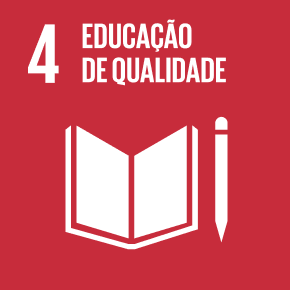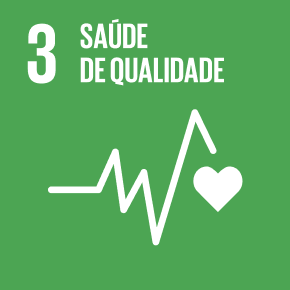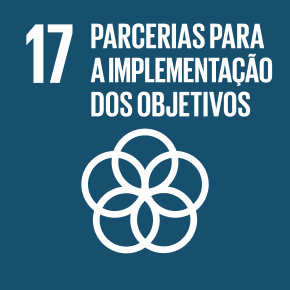Bernardo Menéres: “The International Studies Program is an excellent gateway for those who want to work in the international field.”
Bernardo Menéres holds a Law degree from the Faculty of Law – Porto School and is currently a student in the International Studies Program. 25 years old and originally from Porto, he is strongly interested in International Relations, History, and Diplomacy. Regarding the master's degree, he highlights its multidisciplinary nature and the opportunities to engage with international organizations.
You are a student in the International Studies Program at the Faculty of Law – Porto School. Why did you choose this Master's program?
It was during my undergraduate Law studies that I developed a particular interest in International Law. Honestly, when I saw the program for this master's while still in undergrad, I had no doubt this was the right path. The curriculum immediately caught my attention, as did the faculty – many of whom are international. I believe in multilateralism and the power of cooperation grounded in International Law. I'm drawn to pursuing an international career, perhaps in an international organization or diplomacy.
“Dialogue is essential.”
What sets this Master's program apart?
This multidisciplinary master’s provides us with knowledge from the various fields that make up International Law. In addition to Law subjects, we also have International Relations, Political History, and others. Under the lens of International Law, we address topics like artificial intelligence and climate change… It’s a challenging program that sharpens our critical thinking and reflection skills. On top of that, the master's offers contact with various international organizations. Through the ISP Dialogues, we get to meet a wide variety of people working in the field who come to share their experiences with us. ISP is much more than just the curriculum. The quality and closeness of the professors are also worth noting. There’s a strong effort to include us in ongoing projects. All these factors make me feel more than just a student – I am part of a community. The ISP is an excellent gateway for those who want to work in the international field.
It’s also an international Master's…
We have students from different countries, which enriches the experience even further. Being in contact with other cultures becomes a key part of our education. Besides Portuguese students, many countries are represented in the program: Ghana, the Czech Republic, Bulgaria, Poland, Chile…
Is there space for dialogue and debate?
We've had many opportunities to debate, exchange ideas, and share perspectives. In one class, the activity was to reach a peace agreement between Ukraine and Russia. Each of us had to represent a different delegation. I was part of the Ukrainian delegation, but others represented Russia or organizations like the United Nations, NATO, or the European Union. We had to adopt different viewpoints. We needed to be able to negotiate from various perspectives and interests. It was an activity that truly tested our knowledge—not only of International Law but also of international relations and diplomacy. And very importantly, it forced us to engage in dialogue. Dialogue is essential.
Were you able to reach a peace agreement?
We had no choice – we were required to reach an agreement (laughs).
“It’s impossible to understand a conflict without diving deep into History.”
What topic will you explore in your thesis?
I'm just starting the dissertation, and my topic is state responsibility for the crime of genocide and also the state’s specific intent in committing this kind of violation of international law. I’m focusing on a concrete case from the International Court of Justice: South Africa filed a case against Israel, accusing it of committing genocide against the population of Gaza. It's a current and interesting topic to me.
What is the biggest challenge in studying these subjects?
It’s important to stay up to date with everything that’s going on. The challenge of paying attention to all the dimensions is huge. It’s impossible to look at a particular conflict without considering all the implications, the networks, and the geopolitical situation. It's also impossible to understand a conflict without diving deep into History.
A book you'd recommend?
I enjoyed reading A Promised Land, the autobiography of Barack Obama, the former President of the United States. It’s a first-hand account of what goes on in the Oval Office and at the highest levels of diplomacy.
Pessoas em Destaque é uma rubrica de entrevistas da Universidade Católica Portuguesa, Centro Regional do Porto.








